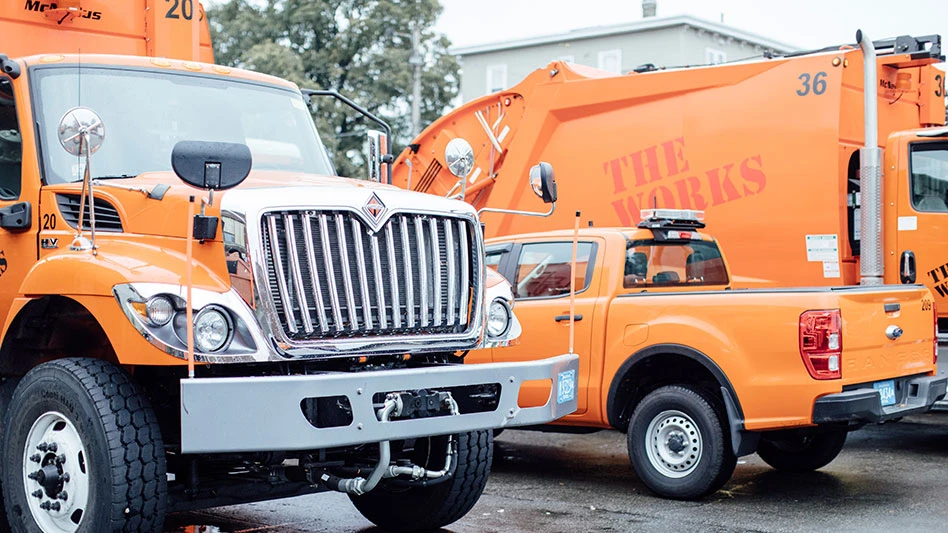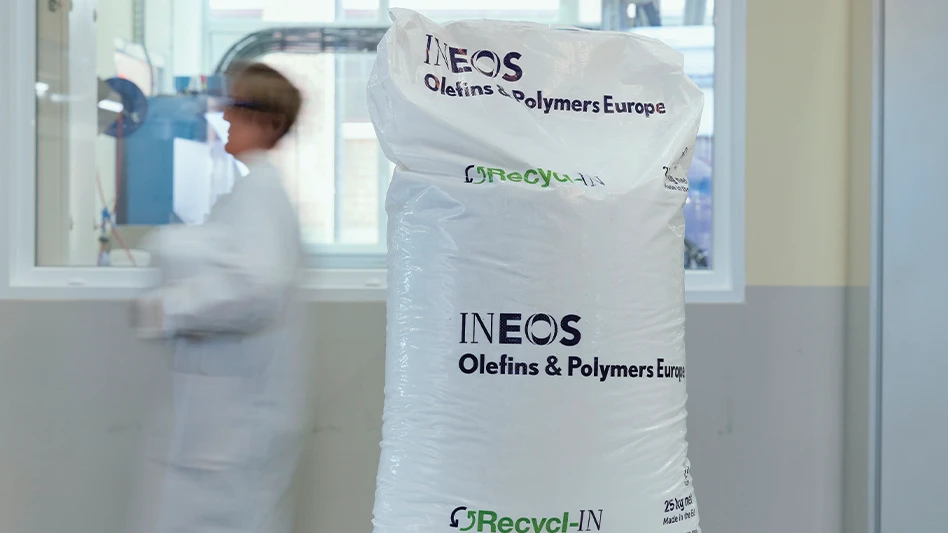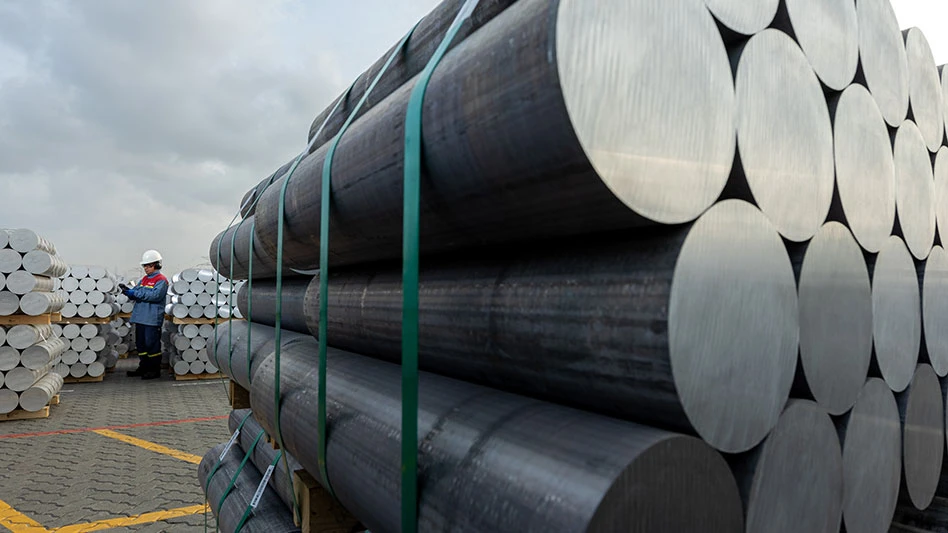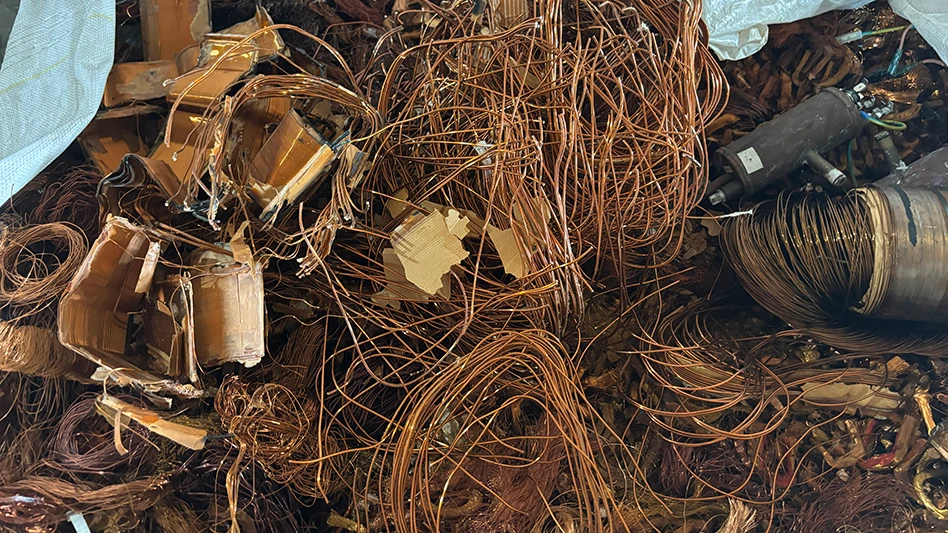With 15 regulations or directives under discussion, there was intense European Union (EU) activity to regulate and prevent production of waste, but no answer to an important question, said senior French Environment Ministry official Alain Strebelle at the fiftieth anniversary convention of the Bureau of International Recycling (BIR) in Paris.
The question, Strebelle told the Environment Committee of the world federation of the recycling industry, was simply: “What is waste, and when does it cease to be waste?”
This was a fundamental issue, stressed Strebelle, for how was it possible to promote recycling without knowing what was and was not waste? At what point in a process was it no longer necessary to apply waste regulations? That was in itself a recurrent question, and any answer to it seemed to be a legal one - always unfortunately remote from common sense or operational practice.
Despite this lack of clarity, said Strebelle, the EU’s regulatory work had gone ahead as if a definition was insignificant. Various international bodies such as the OECD have studied the issue, but without coming to an internationally accepted definition. A report submitted to the European Parliament in 1997 found that the many regulations on waste being drafted in the Union often lost sight of the primary objective of protecting humanity and the environment.
It was assumed that waste would remain waste for its life span. According to EU jurisprudence, for example, waste regulations should be applied to the charities that collected used clothing, to the second-hand outlets that sold it, and to those who converted it for cleaning or regeneration purposes. If common sense and logic were applied, one could see that the whole thing was exaggerated, said Strebelle.
In France, Strebelle explained, government and industry had worked together to set a clear distinction between waste and non-waste and establish a protocol. One of the conclusions in drawing-up the document was that the EU regulatory framework did not oppose differentiation between waste and products.
The purpose of any manufacturer was to make commercial products, but in the process non-commercial products are generated, known as waste. It was in the economic interest of manufacturers to give waste value, and in France this was encouraged. Regulations set environmental standards that applied to specific industrial situations.
Hendrik Harjula, a senior official of the OECD Environment Directorate, told the meeting that he had been involved in discussions on the waste/non-waste issue for the last four years. The experience had been most frustrating. “Every time we wanted to take one step forward, we took two steps back,” he said.

Explore the August 1998 Issue
Check out more from this issue and find your next story to read.
Latest from Recycling Today
- Recovered paper traders report lukewarm market
- SHFE trading expansion focuses on nickel
- Maverick Environmental Equipment opens Detroit area location
- International Paper completes sale of global cellulose fibers business
- Building a bridge to circularity
- Alton Steel to cease operations
- Nucor finishes 2025 with 14 percent earnings decline
- Algoma to supply Korean shipbuilder





